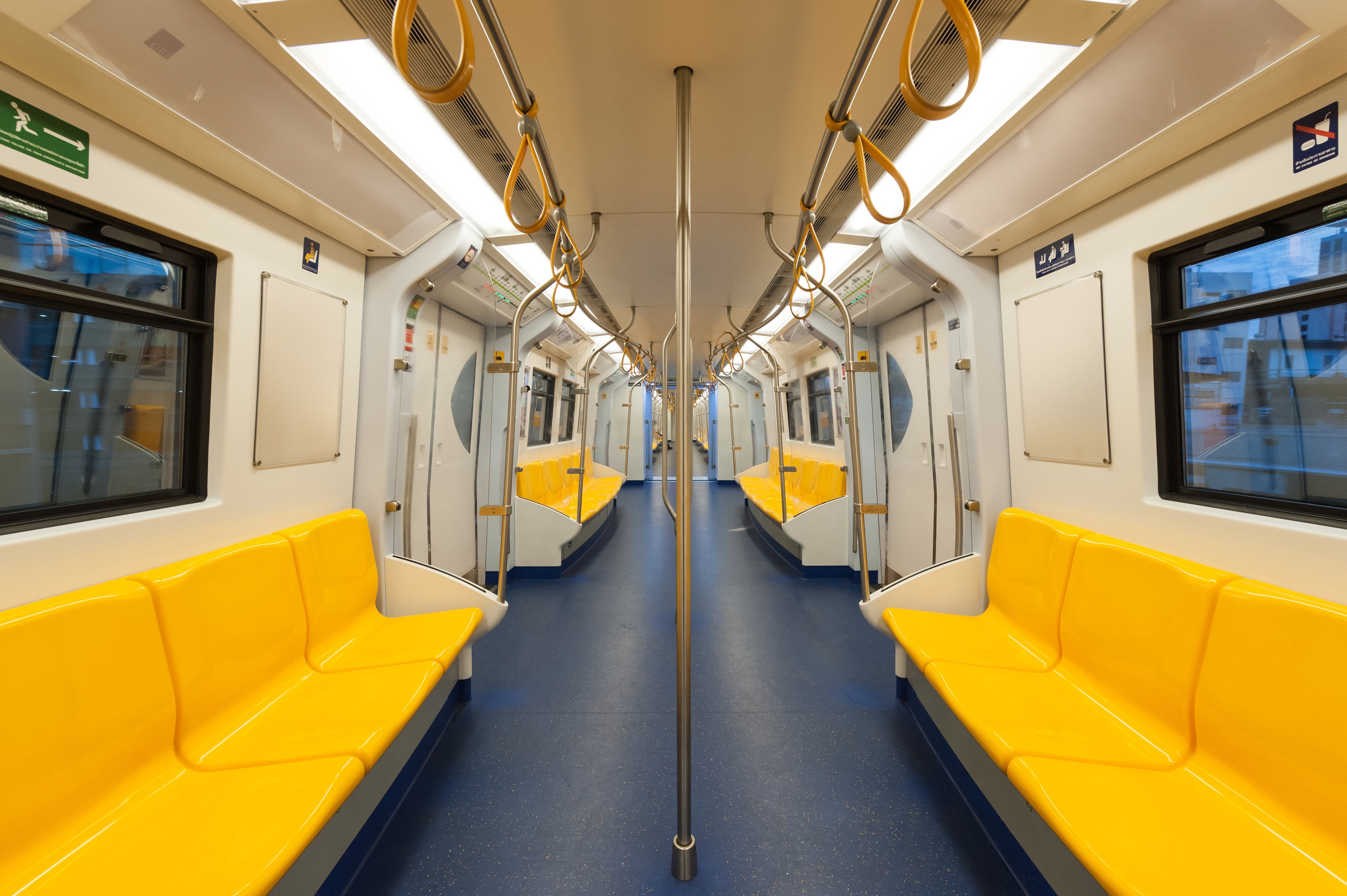Rail strikes: A grand stage of commuting chaos

Gather around for a tale of epic proportions, a saga that unfolds with all the dramatic flair of a Shakespearean tragedy – or, in this case, a railway strike. Picture, if you will, the grand stage of commuting chaos, where the actors are disgruntled workers, irate passengers, and a plot that thickens faster than a gravy left out in the sun.
The traditional British train strike is a spectacle that rivals the finest farces ever penned. It begins with the ominous announcement over the loudspeaker, a proclamation that strikes fear into the hearts of commuters faster than a sudden fare increase. The train, that trusty steed of daily transportation, has decided to take an unscheduled break – a strike, they call it, as if the trains have developed a sudden distaste for the monotonous rhythm of the tracks.
The commuting masses, faced with the news of a strike, react with a mixture of disbelief and resignation. It’s a scene straight out of a tragicomedy – the swarming crowds, the furrowed brows, the mutterings of disgruntled souls wondering if they can hitch a ride on the back of a passing tortoise.
As the strike unfolds, the platforms become a battlefield of wits. Passengers, desperate for transport, eye each other like contestants in a gladiatorial contest for the last remaining Uber. The once orderly queues devolve into a chaotic dance of elbows and raised eyebrows, a pantomime of commuter etiquette gone awry.
The beleaguered commuters, faced with the prospect of tardiness and the eternal wrath of their bosses, attempt to decipher the cryptic messages on display boards. “Delayed,” “Cancelled,” “Good Luck” – the information is as clear as a foggy London morning. It’s a guessing game, a whimsical exercise in predicting the unpredictable, akin to trying to forecast the weather in the British Isles.
And then, my friends, there’s the inevitable blame game. The unions blame the management, the management blames the unions, and the commuters, stuck in the middle, blame anyone within earshot. It’s a cacophony of accusations, a symphony of finger-pointing that would make even the most seasoned politicians blush.
In the grand tradition of British humor, the train strike becomes a satirical ballet, a performance art piece where the absurdity of the situation is the star of the show. So, the next time you find yourself stuck on a platform, contemplating the meaning of life and the whereabouts of your morning coffee, remember – you’re not just a commuter; you’re a player in the grand theatre of the train strike, a West End farce unfolding slowly on the tracks of inconvenience. All aboard the laughter express, everyone!






